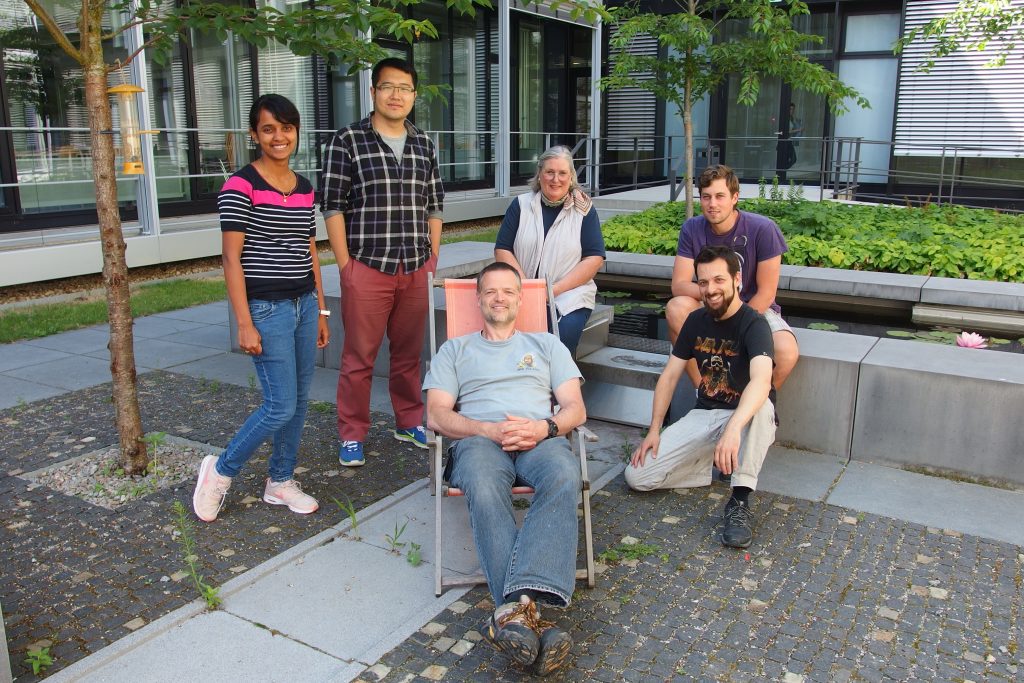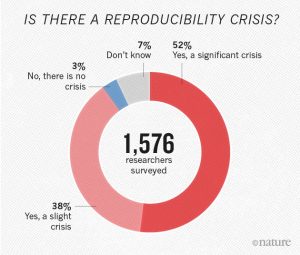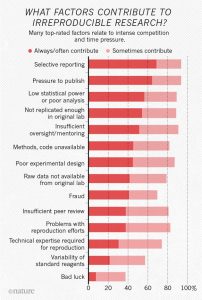After almost 25 years since Stevan Harnad’s “subversive proposal“, now, finally, scholars and the public have a range of avenues at their disposal to access nearly every scholarly article. Public access, while not the default, has finally arrived. Granted, while all of the current options are considered legal for the reader, not all providers of scholarly literature conform to every law in every country. Thus, the current state of universal access to scholarly works can only be considered a time-limited transition period. In other words, a window of opportunity: we now have access to everything, what do we do next?
Obviously, the first thing we should do is party! This is a milestone that I don’t think has been appreciated enough. For probably the first time in human history, nearly all scholarly articles are publicly accessible! Why isn’t that on national news everywhere?
Once recovered from the hangover, though, what would be a next step, given that the current state of bliss likely won’t last for ever?
There are those who don’t see full access to the scholarly literature as much of a deal. They do have some very valid points, such as the accessible version perhaps not being the official version of record, the licenses of the works varying hugely and being most often very restrictive with regard to re-use, or that the scholarly works are difficult or impossible to content mine. Adding that the current, imperfect access is only temporary, and there is a huge reason to not just leave things the way they are now.
Clearly, all of these points need fixing and if the current state of access isn’t really all that relevant, as may be claimed, then there is no reason to abandon the drive of the last 25 years to either convince faculty to pretty please publish in open access journals and pay the fees, or funders to mandate deposition in repositories or ‘gold’ open access publishing. However, despite the current success, this strategy of wining over faculty hasn’t been very effective: only a fraction of the current access is created by gold/green open access, much of it stems from sci-hub and sharing sites such as ResearchGate. In other words, as fantastic as full access to the literature that we now enjoy feels, it was brought about only to a small extent by the changed publication behavior of faculty.
Full access, without contentmining/TDM restrictions, with liberal re-use licensing and with clear version control can only come from scholars being able to control these properties. As long as we hand over such decisions to entities with orthogonal interests like current legacy publishers, these issues will not go away. What happens, when we keep outsourcing all of these decisions to entities with their own agenda? A recent editorial paints a bleak, 5-step future:
First, the authors published a formal research protocol in a peer-reviewed journal (F. Cramond et al. Scientometrics 108, 315–328; 2016). […]
Second, the authors posted the final draft paper describing their conclusions on a preprint server before submission (M. R. Macleod and the NPQIP Collaborative Group. Preprint at bioRxiv https://dx.doi.org/10.1101/187245; 2017).
Third and fourth, the group released the data-analysis plan and the analysis code before data collection was completed. These were registered on the Open Science Framework (https://osf.io/mqet6/#).
Fifth, the complete data set was publicly deposited on Figshare (https://dx.doi.org/10.6084/m9.figshare.5375275.v1; 2017).
Preprint on bioRxiv, (preregistered) paper in Scientometrics, data on figshare, code on OSF. If that is what counts as progress these days, I fear the future!
Having to jump through all of the hoops described in the editorial just to make every single step of the scientific process open by hand, sort of against the easy, natural way of doing it, reminds me of a hypothetical scenario, where a bunch of “220V activists” in a 110V country have been trying for 25 years to convince their friends to exclusively buy 220V appliances and add transformers to be able to do so. Now, the media starts to report a household where all appliances each have their own transformer as a sign of a new, modern 220V era.
To me, this scenario sounds like a 5-step nightmare! The 5-step dream our lab is working towards is more like
- Write code/design experiment
- Do experiments
- Analyze data
- Write/record narrative
- Click on ‘publish’ to make it all accessible at once in one place (if the bits weren’t already automatically accessible before the narrative).
Just as in the hypothetical 220V scenario, the rational solution cannot be to exacerbate the balkanization of our scholarly output by making each scholar place each of their output in a different container that is sealed from all the others. Are we really living in a world where we want 220V appliances but not 220V from our power outlets? The rational solution is to do the equivalent of utilities providing 220V for all households: our infrastructure needs to provide the five steps of my dream out of the box, as a native function of how our institutions handle scholarly output.
We are currently abusing our libraries and librarians to prop up an unsustainable subscription infrastructure at a time point when nobody needs subscriptions any more. At the same time, some open access proponents keep pushing the old agenda, telling everybody that on top of payments for subscriptions we also need to pay for publishing in luxury journals. Some of us, having realized that approaching colleagues proved counter-productive, even move towards indoctrinating early career researchers to risk their jobs for the greater good (of installing 220V transformers?).
Not surprisingly, publishers are starting to position themselves for that new generation. Just like a smart utility would realize that selling ‘approved’ transformers while keeping everything else at the old 110V can only increase profits, legacy publishers like Elsevier have not only started buying startups that provide services for the entire research process, but also warned that this is going to make things much more expensive. Thus, if we keep doing what we have been doing, we run the considerable risk of making everything worse, and not only from a monetary point of view. So I agree with Elsevier and their vision: if we don’t stop them, we will not only pay ‘publishers’ much more than now, we will also suffer with regard to our ability to develop and re-use our scholarly output.
The analogous solution to convincing utilities to serve 220V is of course to convince infrastructure experts in libraries and computing centers to drop subscriptions, now that they have temporarily become superfluous anyway and use the saved money to buy an infrastructure that actually saves scholars time and effort, rather than causing them headaches and threatening scientific reliability. With such an infrastructure (which, at its core, essentially just requires a set of basic, evolvable standards), institutions can run bidding processes to create thriving markets with actual competition around our scholarly works, ensuring permanently low pricing.















